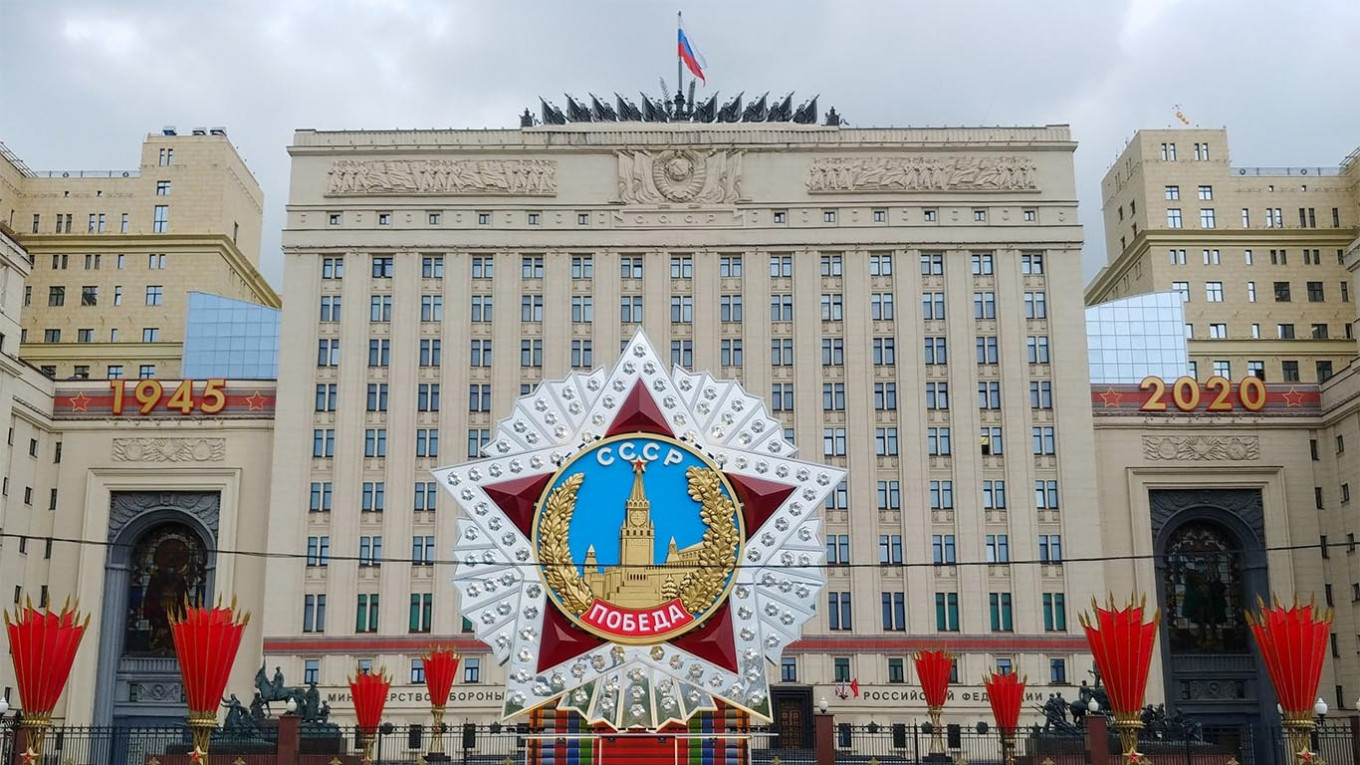
The leaders of three Baltic states condemned on Thursday what they described as Russian attempts to “falsify history” ahead of the 75th anniversary of the end of World War II.
In a joint declaration, the presidents of Lithuania, Latvia and Estonia — formerly Soviet-ruled states now on the EU’s eastern flank — called for “truth and justice” in recognizing communist-era crimes and Moscow’s responsibility for the outbreak of the war.
“Misrepresentation of historical events that led to World War II and the division of Europe in the aftermath of the war constitute a regrettable effort to falsify history and question the very foundation of the contemporary international rules-based order,” the trio warned.
While honoring “the sacrifice of all victims and the Allied soldiers who defeated the Nazi regime,” the presidents said the Soviet Union had also used military force and repression to subjugate their nations during the Cold War.
Lithuanian President Gitanas Nauseda said Moscow’s recent attempts to downplay the secret 1939 Nazi-Soviet pact, concluded before the start of WWII to carve up Europe, amounted to “historic revisionism.”
“History must not be rewritten. When politicians seek to change the historical conclusions, it leads to the wrong conclusions and wrong decisions,” Nauseda told AFP in an interview.
His Latvian counterpart, Egils Levits, said “the falsification of history is a kind of hybrid war” waged by Moscow.
While May 9 is celebrated as Victory Day in Russia, for many in the Baltic states it marks the start of decades of often brutal Soviet occupation rather than liberation.
Moscow refuses to recognize the 1944-45 Soviet takeover of the Baltic states as an occupation, and it has never offered an apology or reparations for the post-war takeover.
President Vladimir Putin and other senior Russian officials also recently accused Poland of bearing some responsibility for the outbreak of the war, a claim rejected by Warsaw and its Western allies as false revisionism.
The Baltic trio regained independence from the crumbling Soviet Union in 1990-1991, before joining the European Union and NATO in 2004 and relations with Russia have been strained ever since.
“For us, the war ended in 1993 when the last Russian soldier left the territory of the Republic of Lithuania,” Nauseda said.
